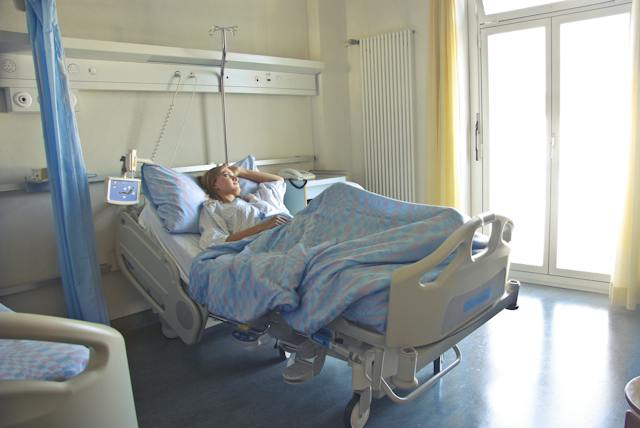When you are injured unexpectedly, your body must work hard to recover. You must fight fatigue and pain, all while doing the physical work to feel healthy again. However, there is a lot more to an unexpected injury than just the physical side effects. Certainly, if you have ever been in a car accident or fell while visiting a place of business, you already know there is a heavy emotional load to carry after an injury as well.
You could feel anxious as you lose work days and income. You could feel depressed as you consider the abilities you have lost in the short or long term. You may feel overwhelmed at the thought of calling the insurance company to ask questions for the third time this week.
As more and more research has been done on the subject of trauma, it is becoming clear that unexpected injury can lead to post-traumatic stress disorder or other manifestations of trauma.
Types of Trauma
In the past decade or so, mental health workers have used the terms “Big T” and “little t” to describe types of trauma. Big T trauma happens when there is a major life event, whether a violent attack, a horrific accident, or a natural disaster. These types of events quickly affect a person’s coping skills, as well as their emotional and physical wellbeing.
Little t trauma happens more slowly and over time. For example, being bullied in school or dealing with infertility treatments can cause little t trauma. Other potential causes of little t trauma could be being in a verbally abusive relationship or undergoing treatment for a chronic condition.
Symptoms of Trauma
Trauma shows itself in many different ways, and each person living with trauma can cope in different ways. However, for unexpected injury victims, trauma could show up in heightened feelings of anxiety when in certain situations (being a passenger in a car on a busy street, driving by the place the injury occurred, etc.), unexplained headaches or stomachaches, as well as irritability, restlessness, or withdrawing from others.
Trauma symptoms often do not get better on their own. In fact, without proper diagnosis and treatment, people living with trauma can develop more pronounced symptoms over time. If you believe you could be living with trauma after your unexpected injury, make an appointment with your primary physician as well as a counselor. Together, your medical team can assist you with a focus on your physical and mental health.
If you have been injured in an accident of some type, it is also wise to seek counsel from an experienced attorney. Contact the team at O’Brien Lawto set up your free consultation.



